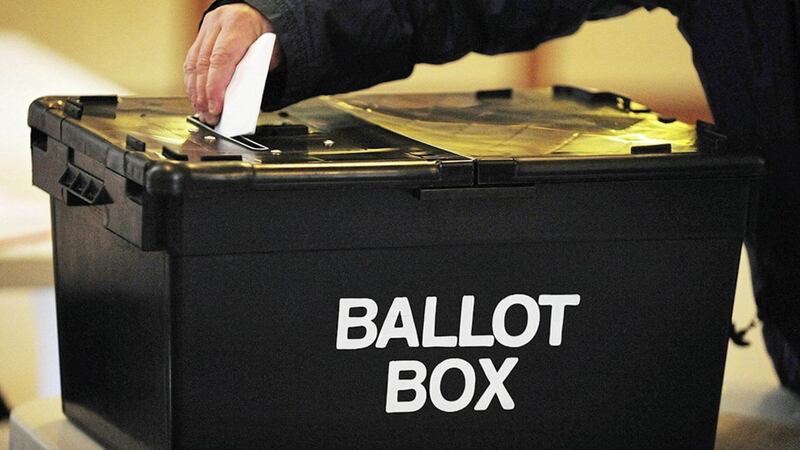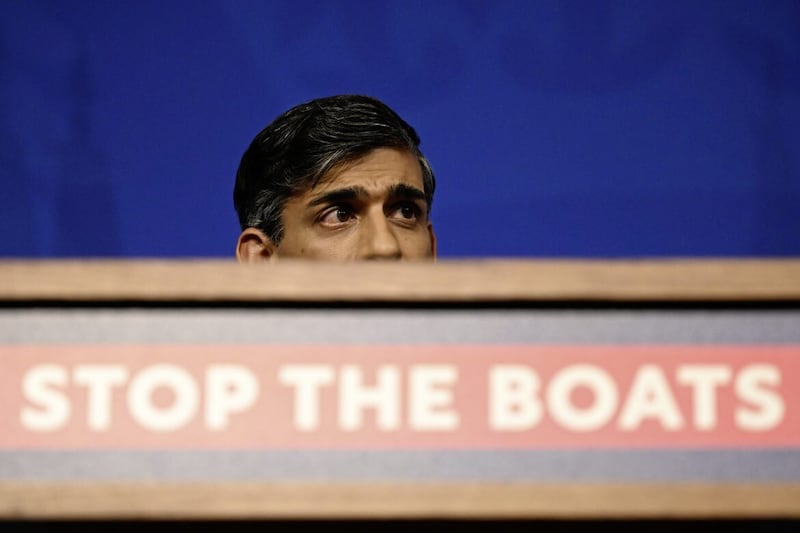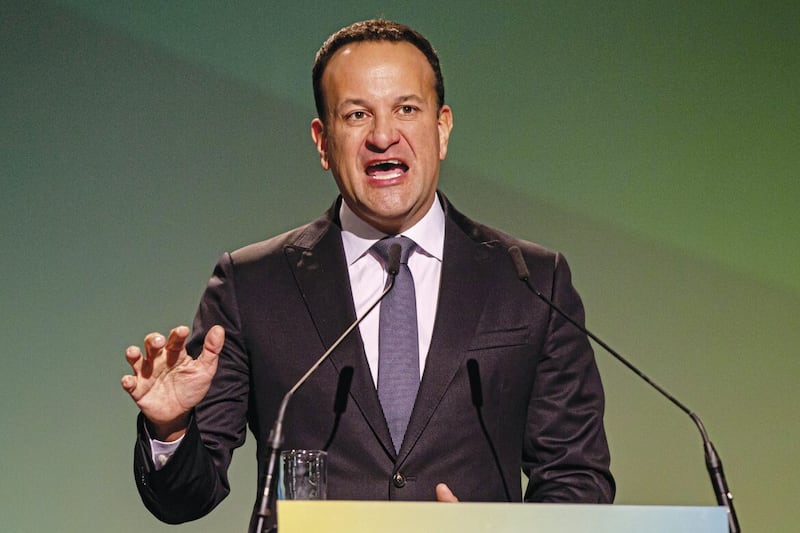The 2021 electoral canvass card came in the post at the end of last week. The electoral register was closed on June 30 and effectively purged and there is a requirement on all eligible voters to re-register.
There has been come concern expressed that people may fail to complete the necessary information because they assume they’re already on the register and, as a consequence, will be left off the new register. The last canvass initially resulted in 60,000 fewer people registered.
But there is a significant cohort of around 45,000 people who won’t be entitled to vote when the new electoral register is produced and who really should be: that’s 16 and 17-year-olds.
In June 2020, legislation came into force in Wales permitting 16 and 17-year-olds to vote in Senedd elections. In Scotland, 16 and 17-year-olds won the right to vote in time for the 2014 independence referendum. Voting at 16 has been introduced in the Isle of Man, Jersey and Guernsey as well as a number of countries in mainland Europe.
In the south of Ireland, the 2013 constitutional convention recommended lowering the voting age to 16. A Private Members Bill sponsored by Senators Lynn Ruane, Fintan Warfield and Pádraig Mac Lochlainn is currently at its third reading stage in Seanad Éireann. If passed, young people will be able to vote in European and local government elections and it is likely that a referendum lowering the voting age in general and presidential elections would follow thereafter.
We are falling behind our neighbours on this.
Under Schedule 2 of the Northern Ireland Act 1998, electoral matters (with some minor exceptions such as the naming of electoral wards) are not devolved to the Stormont Assembly. In 2012, a joint Green Party/Sinn Féin motion to lower the voting age was carried in the assembly by 51 votes to 29, with the DUP and TUV opposing. Given the almost two thirds support, greater pressure should be brought to bear on Westminster to make the necessary legislative change.
An argument that’s been trotted out in opposition to lowering the voting age is that young people at 16 or 17 only think they know it all and should have some experience of the world before they are permitted to vote. That they may be too easily swayed and make ill-informed judgments at the ballot box as a result. But there’s no test for anyone turning 18 as to how worldly wise or sensible they are when faced with a ballot paper, so why should there be an arbitrary value judgment that a 16 or 17-year-old can’t make reason-based choices?
Aged 16, young people are allowed to marry legally, they pay taxes, can leave home and leave full-time education. Significantly, the age of consent is 16, meaning that we as a society accept that a young person is mature enough to become a parent at that age; possibly the greatest societal responsibility that many of us will ever have. It is logical, therefore, that they should be accepted as mature enough to decide who makes the policies that impact upon their lives.
Senator Lynn Ruane is on the record as saying that the reason the coalition government of Fianna Fáil and Fine Gael stalled the Seanad Bill to lower the voting age in 2017 was because of fear that the youth vote was not going to go their way. It is also likely that demographic change in the north which is expected to show a rise in the Catholic/nationalist population when the latest census numbers are published are further reason for some within unionism to oppose lowering the voting age.
Preventing people from voting because you don’t like who you think they might vote for is the opposite of democracy. Political parties need to consult with young people and shape their policies in a way that enables them to engage with and support policy and legislative reform.
If there was ever any doubt about how engaged young people are in the issues that affect them, one needs only look at the 2019 international school strikes campaign protesting governments’ inaction on climate change – an issue that was placed front and centre of the world stage by a 15-year-old girl, not by the current crop of world leaders. Many young people campaigned in the marriage equality and 8th amendment referendum campaigns because they are committed to developing a truly rights-based society, based on equality and fairness.
The earlier we engage young people in politics and help them develop their awareness, the greater the chance they will develop a lifelong commitment and interest in participating in the democratic process.
This electoral canvass should be seen as an opportunity to focus not just on who is on the register, but fixing the problem of who has been left off.








